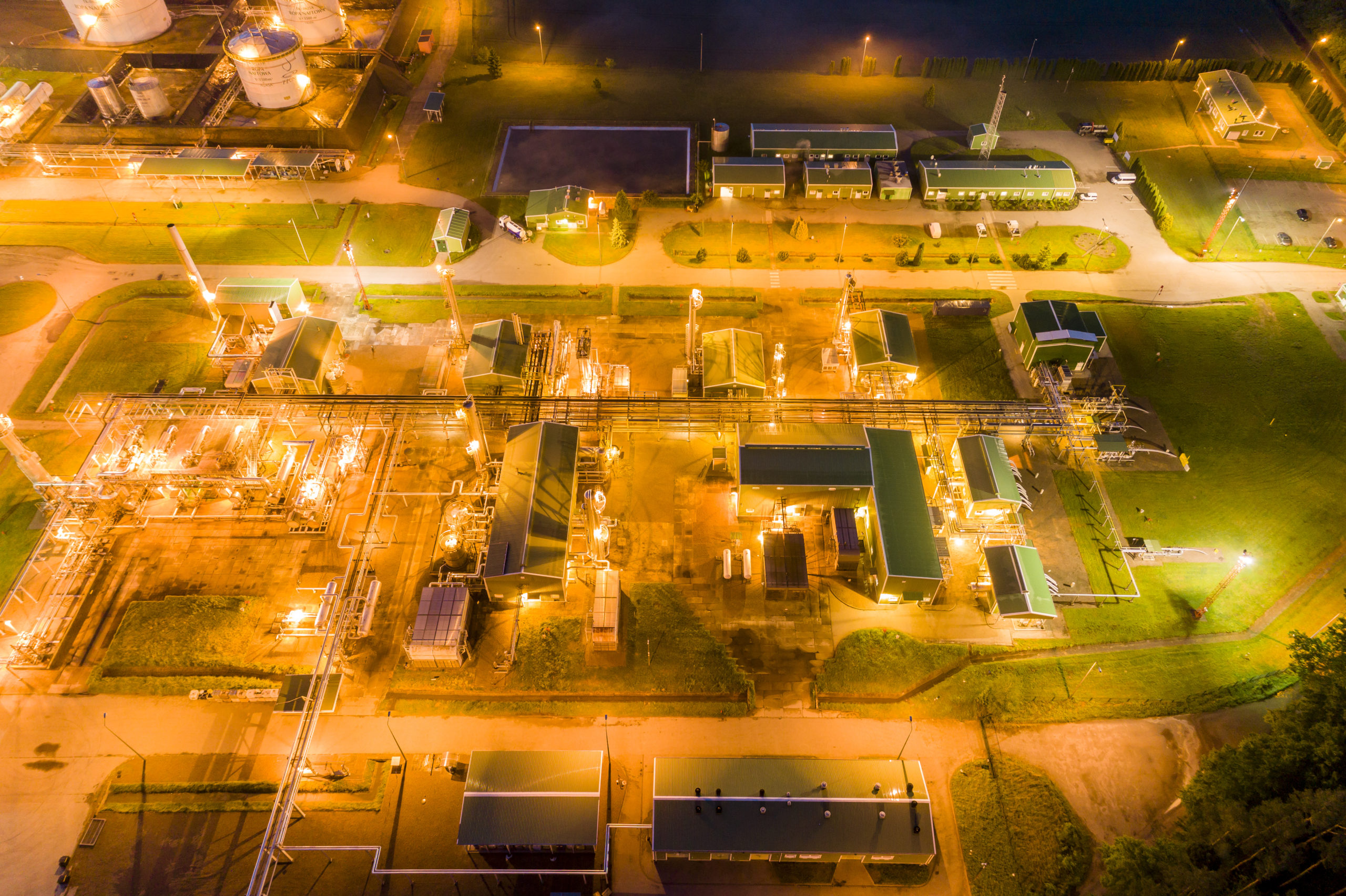Property, plant and equipment are the largest component of the PGNiG Group’s assets. As at December 31st 2021, their value reached PLN 50,192m. Investments in production assets require the use of external funding raised in the financial market or internal funds held by the Group. In line with the PGNiG Group Strategy ratified in March 2017, the capital expenditure guidance for 2017−2022 has been set at over PLN 34bn. Average annual capital expenditure in 2017−2022 will amount to ca. PLN 5.7bn:
- of which almost a half (45%) will be spent on hydrocarbon exploration and production,
- almost 30% will fund further development of the distribution business,
- ca. 13% − on power and heat generation projects,
- additionally, ca. 12% of CAPEX will be allocated to other, selected growth projects offering attractive returns, including in distribution, trading, power and heat generation.
Renewable energy sources are a new strategic area for the PGNiG Group, with around PLN 4bn allocated to building the renewable energy segment.
In 2021, the PGNiG Group’s capital expenditure on property, plant and equipment was approximately PLN 7.6bn, having gone up by 12% year on year.
In addition to expenditure on new production assets, the maintenance and upgrades of existing plant and equipment is also a major component of CAPEX. In 2021, Polska Spółka Gazownictwa alone spent some PLN 2.18bn to roll out the gas network and connect new customers, and around PLN 0.84bn to alter and upgrade the gas network. The Generation segment bears significant costs of adapting its generation plant and equipment to BAT requirements.
In the mid- and long-term perspective, the goal of investments in the asset base is to enhance the Group’s efficiency and upscale its business. In line with the stated strategy of the PGNiG Group for 2017–2022 with an outlook until 2026, the CAPEX programme is expected to deliver cumulative 2017–2022 EBITDA of approximately PLN 33.7bn, driving long-term growth of the Group’s EBITDA in 2023–2026 to the annual average of around PLN 9.2bn.


